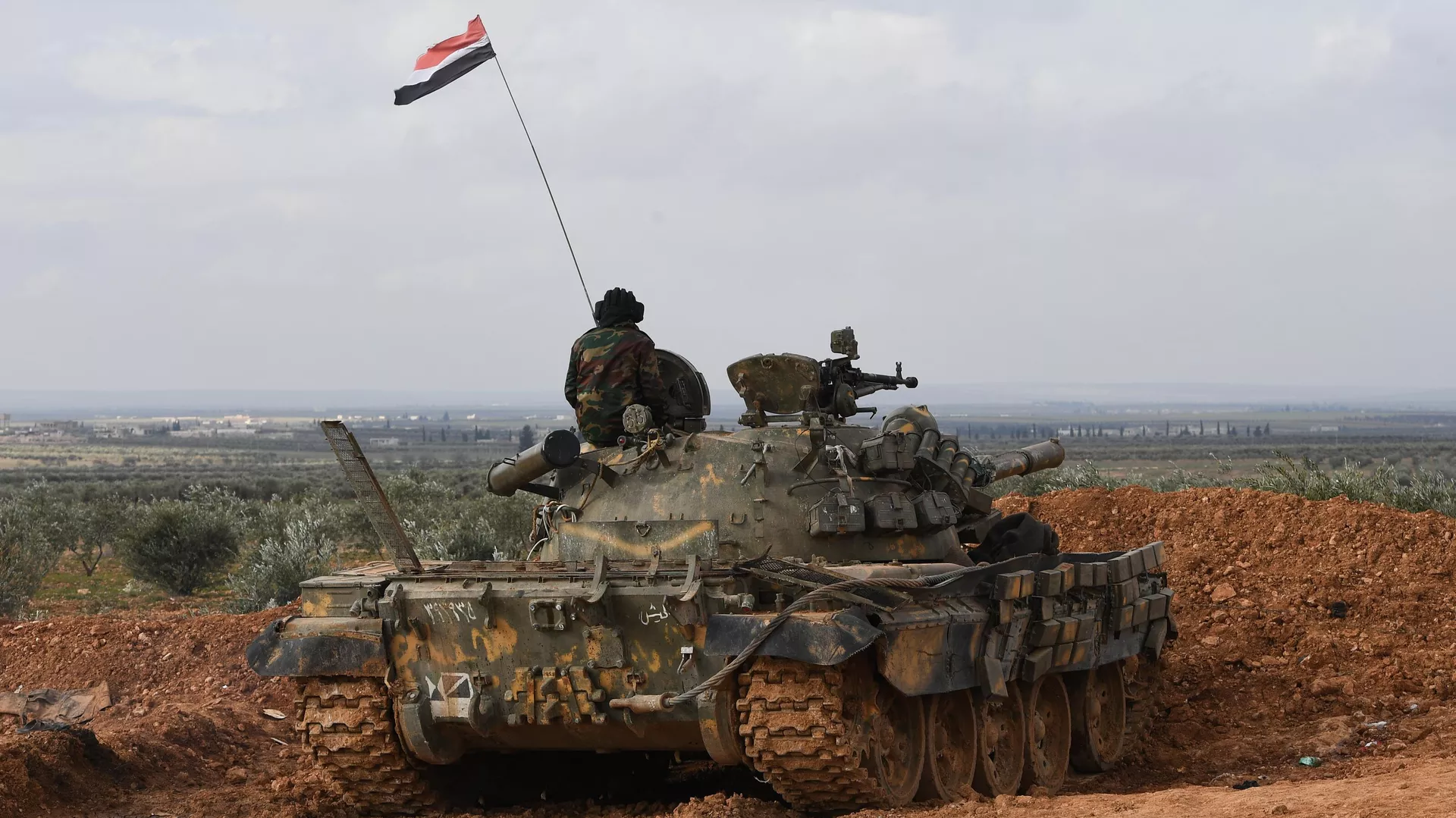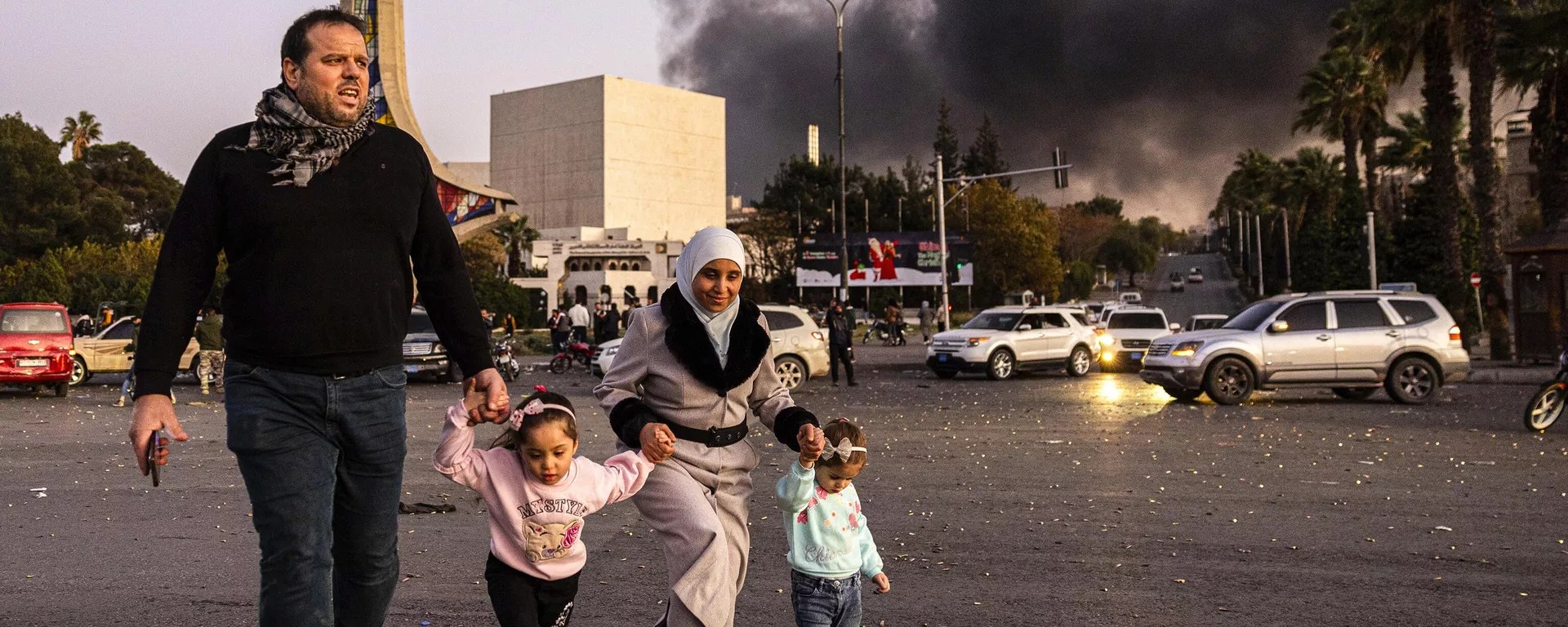
Syrian Crisis: Key Interests of the US, Israel, Turkiye, Iran, and Russia
The United States
Weakening this Axis ensures greater security for Washington’s ally, Israel.
A declassified 2012 Defense Intelligence Agency report revealed that the US planned to support the creation of a Sunni Salafist principality in Syria to isolate government-controlled territories considered the “strategic depth of Shia expansion” for Iran and Iraqi Shiite militias.
Israel
Syria was also a critical link for Iran to supply Hezbollah in Lebanon. Syria’s disintegration benefits Israel by weakening the Axis of Resistance and reducing external pressure on its policies regarding Palestinian territories.
Additionally, Syria’s fragmentation has enabled Israel to solidify its control over the Golan Heights, nullify the 1974 ceasefire agreement, and expand its territory by seizing Syria-controlled Golan areas.
Turkiye
Syria’s fragmentation poses a threat to Turkiye due to the Kurdish aspiration for an independent state, which threatens Turkiye’s national security and territorial integrity. Approximately 30 million Kurds live in the mountainous regions of Iran, Iraq, Syria, and Turkiye.
Iran
Iran sought to preserve Syria’s territorial integrity and assisted in political reconciliation between warring parties to prevent chaos and fragmentation, which could lead to broader regional instability.
Iranian Foreign Minister Abbas Araghchi has expressed concerns about the potential for sectarian war, civil war, Syria’s disintegration, and its transformation into a hub of terrorists.
Russia
Russia’s involvement in the Syrian conflict coincided with the ISIS* expansion and came at Damascus’ request to combat terrorism “abroad to prevent it from striking at home,” as President Vladimir Putin stated in 2015. The Syria crisis threatened to expand to Russia’s Caucasus and beyond.
Following the defeat of ISIS, Russia’s strategic interests included stabilizing the situation on the ground, curbing remaining terrorist threats, and ensuring reconciliation of warring parties along with a political settlement to maintain regional stability.


